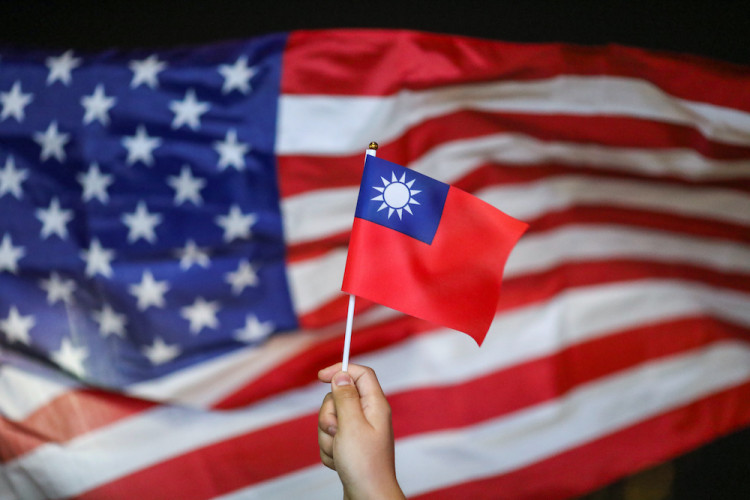The first high-level meeting between the United States and the Republic of China (Taiwan) led to the signing Friday of a five-year agreement and a promise of closer cooperation between both countries on defense, health care and a range of key issues.
The first "U.S.-Taiwan Economic Prosperity Partnership Dialogue" opened in Washington, D.C. with the signing of a memorandum of understanding (MOU). This MOU laid the groundwork for deeper and more comprehensive economic cooperation between both allies.
However, it does not create legally binding rights or obligations on either party and is subject to available resources.
The MOU was signed by Hsiao Bi-khim, Taiwan's de facto ambassador to the U.S., and Ingrid Larson, managing director of the American Institute in Taiwan, the de facto U.S. embassy in Taiwan.
The Taipei Economic and Cultural Representative Office in the United States (TECRO) said the U.S. witnessed the signing. Under Secretary of State Keith Krach and Taiwan's Deputy Minister of Economic Affairs Chen Chern-chyi.
The talks aim to build on historic ties and "shared democratic values." In the coming days, the U.S. and Taiwan will discuss issues related to defense, supply chain restructuring, investment screening, infrastructure and energy, 5G, global health security, science, and technology.
Officials said the talks Friday focused on the potential for cooperation on health research and development and the prioritization of Taiwan role in the global semiconductor supply chain.
Taiwan, however, hopes the talks will lead to a long-sought trade deal with the U.S. A U.S.-Taiwan trade deal currently has bipartisan support in the U.S. Congress.
On the other hand, president-elect Joe Biden hasn't publicly announced his plans for Taiwan and China. Biden is known to favor multilateral solutions in contrast to President Donald Trump's penchant for one-man shows of diplomacy. It's also believed Biden will re-engage with Beijing.
Taiwan's foreign minister Joseph Wu said it's "premature" to dismiss Biden's support for a U.S.-Taiwan trade deal.
"I think the team is busy dealing with the transition," said Wu.
"I don't think they already have a pre-conclusion on a (bilateral trade agreement) or a (free trade agreement), which says it's not what they want to pursue. I think the bipartisan support on Capitol Hill is still very strong, and I think it will continue, and we will work hard under the (existing bilateral) framework with the new administration."
Taiwan is obsessed with a U.S. trade deal because it isn't a member of the Regional Comprehensive Economic Partnership (RCEP), the world's largest free trade deal, signed November 15 by the 10 member-states of the Association of Southeast Asian Nations (ASEAN) and Australia, China, Japan, New Zealand, and South Korea.
Taiwan's Ministry of Foreign Affairs has said there's little chance of Taiwan joining RCEP given China's membership.






